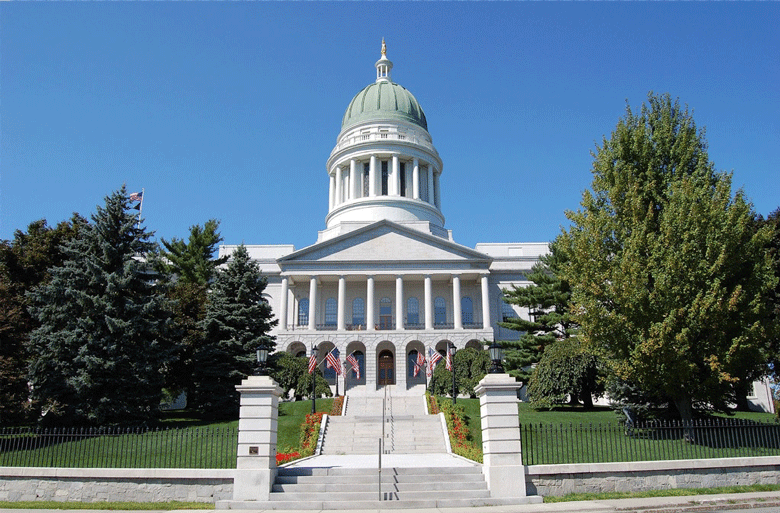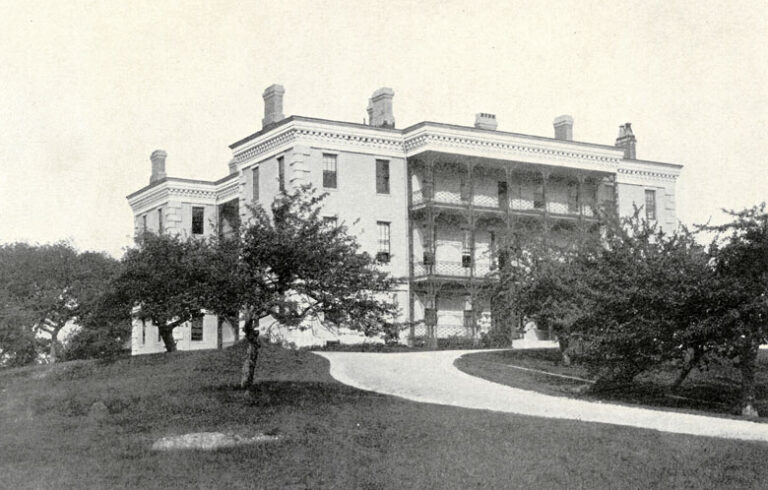The other day, I found myself in Augusta attending a legislative committee hearing and conversing about how a bill becomes a law with somebody who was at the legislature for the first time. So here is the short story:
Bill ideas, or really just bill titles, need to be submitted in December of even-numbered years. Any member of the legislature can submit bills during this short window. Over 2,300 bill titles were submitted this session, a significant increase from prior years.
The revisor office works with the information provided by the bill’s sponsor to craft legislative text. Sometimes the bill sponsor provides notes or a description. As a lobbyist, if I am working with the bill sponsor, I like to take the first crack at drafting the legislative text, as this often helps the process along.
Once drafted, each bill is referred to a committee. These committees are comprised of House and Senate members sitting together. At the committee level, each bill gets a public hearing. The vast majority of bills have a public hearing between January and May in odd numbered years. Occasionally, some bills are held for the second session, though this often requires a decent reason.
Recently, a fisherman who lives on an island provided insightful and helpful testimony.
At the public hearing, supporters, opponents, and those who are neither for nor against a bill but want to provide additional information are invited to speak. Most committees limit testimony to three minutes. Post-COVID, hearings are hybrid with a much-appreciated Zoom option.
Recently, a fisherman who lives on an island provided insightful and helpful testimony to support the idea of paying fishermen stipends when they are testing innovative lobster fishing gear. It’s doubtful he would have made it to Augusta in person, but the hybrid option allowed him to share a critical perspective with the committee.
It is also possible to provide written testimony, which allows lawmakers and others to refer back to the testimony after the hearing.

If you miss a public hearing, they are recorded and available online at the legislature’s website. With multiple committees meeting at the same time and with other events happening in the world, it is sometimes handy to catch up on public hearings from the comfort of your home or listen to them while in the car. It is like an unedited podcast for policy wonks and political junkies.
After the public hearing, there is a work session. At this point, the committee reviews a summary of the testimony and any changes or amendments to the bill language that the sponsor suggests. Finally, the committee will often discuss the bill and either table it for further work or move forward with it.
A unanimous supportive report from committee helps the bill move through the remaining formal process in an expedited manner and a unanimous “ought not to pass” means the bill is effectively done.
The process after committee is straightforward for pure policy changes, like the bill to expand the entities that can hold a working waterfront covenant to include land trusts. The House and the Senate adopt the committee’s recommendation—in this case, some amended language to address a couple of technical concerns raised by the state. After the amendment is adopted, the bill goes through the House and Senate again for “enactment” or final passage and on to the governor for her signature.
Bills that will require funding, and so have a “fiscal note,” move part way through the House and Senate process and stop at the “special appropriations table.” Here is where funding decisions are made, often at the end of the session. Many good ideas make it to this step and many bills do not make it any further for lack of funding.
Nick Battista is chief policy officer for the Island Institute, publisher of The Working Waterfront. He may be reached at nbattista@islandinstitute.org.





